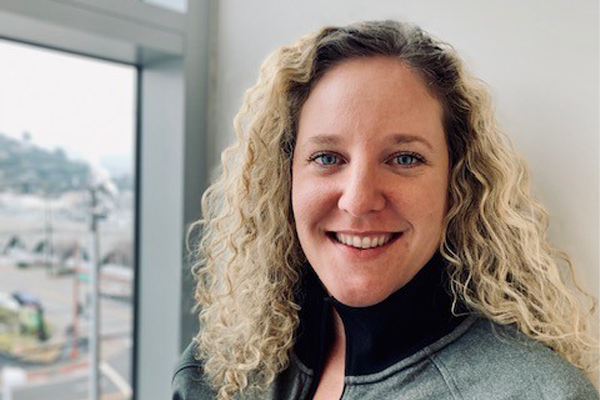
In a situation as this, I recommend that you approach your colleague in a positive and respectful way, in the spirit of seeking valuable peer review and opinions of the data. We should remind ourselves that critical peer review, both formal and informal, is the cornerstone of our system for legitimizing our scientific results and conclusions. Peer review from scientists who are skeptical of the results is generally more valuable than from scientists who have a bias in favor of the results. You are more likely to identify flaws in the data or analysis and improve your understanding from the former.
In any case, it is key that from the outset you approach your colleague with the intention of making this a positive, respectful professional interaction. You should be open and transparent up front that the data does not align with their view, and that you value and want to consider their critical analysis and opinions.
This article has been edited for length and clarity. The opinions expressed in this article are the author's own and do not necessarily reflect the view of their employer or the American Chemical Society.
ACS Career Consultants are experts and leaders working in the field of chemistry who have volunteered to support other ACS members’ career development through one-on-one career counselling. They can stimulate your thinking, ask important career planning questions to help clarify goals, provide encouragement, teach strategies for making meaningful career decisions, and aid you in your job search. Connect with an ACS Career Consultant today!
Copyright 2022 American Chemical Society (All Rights Reserved)








